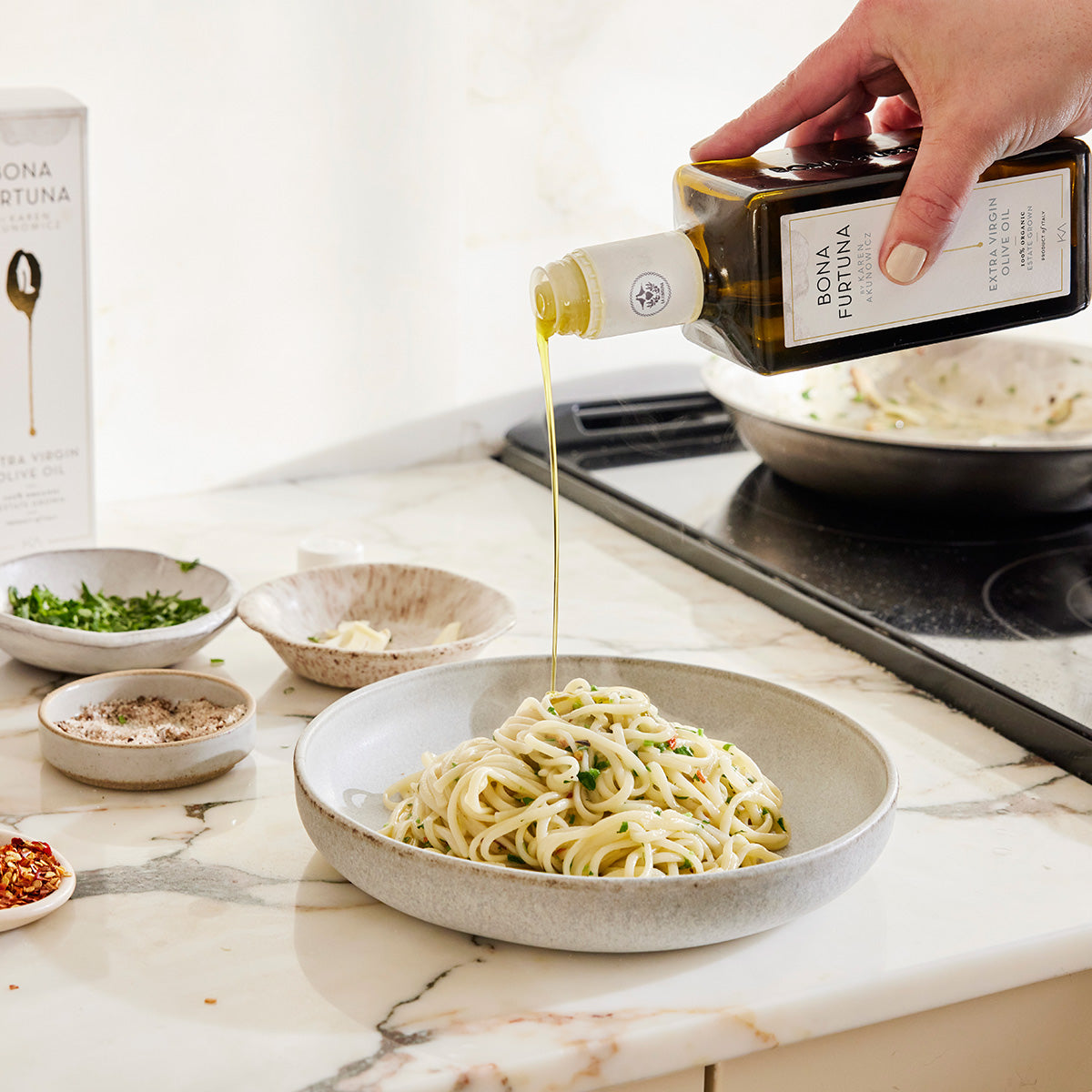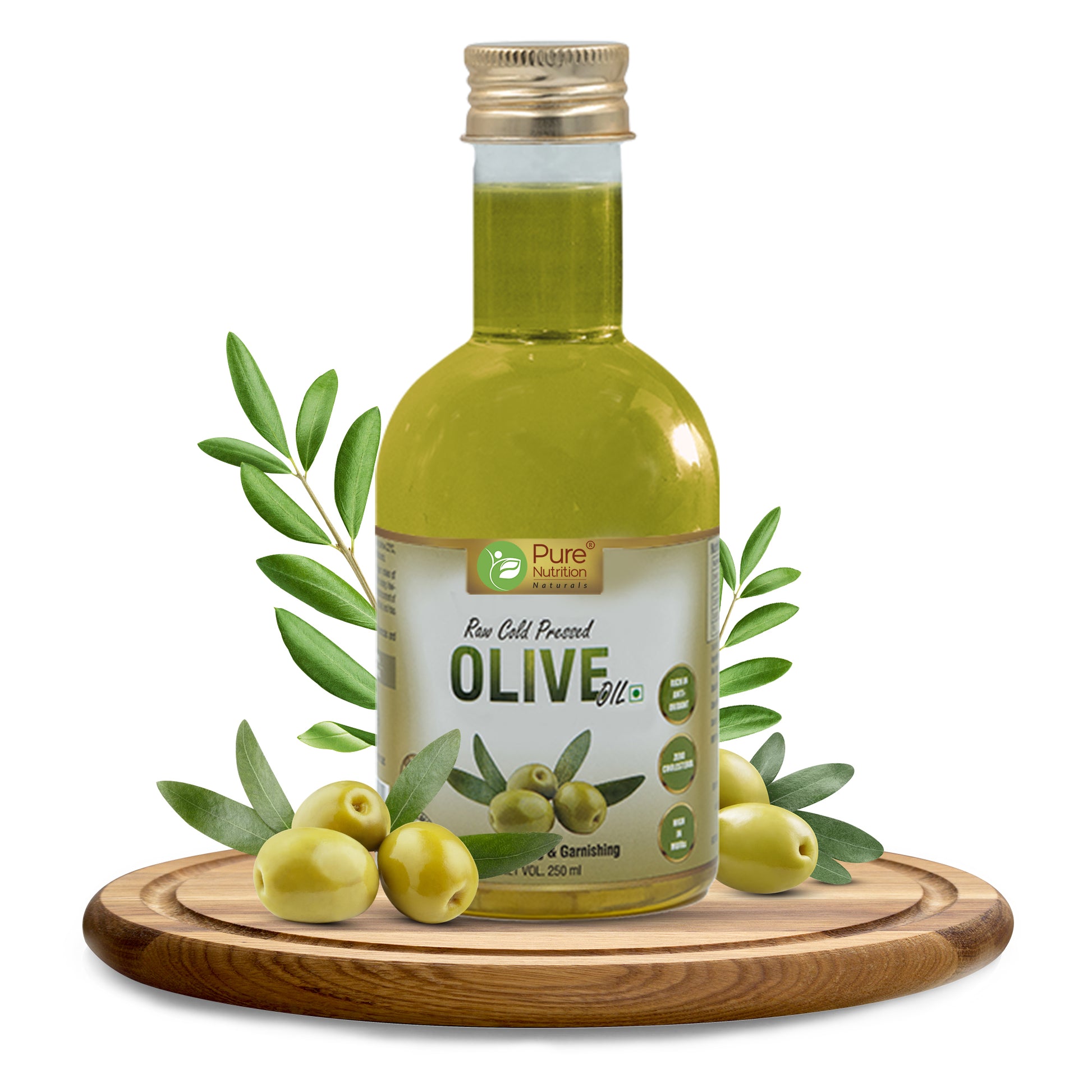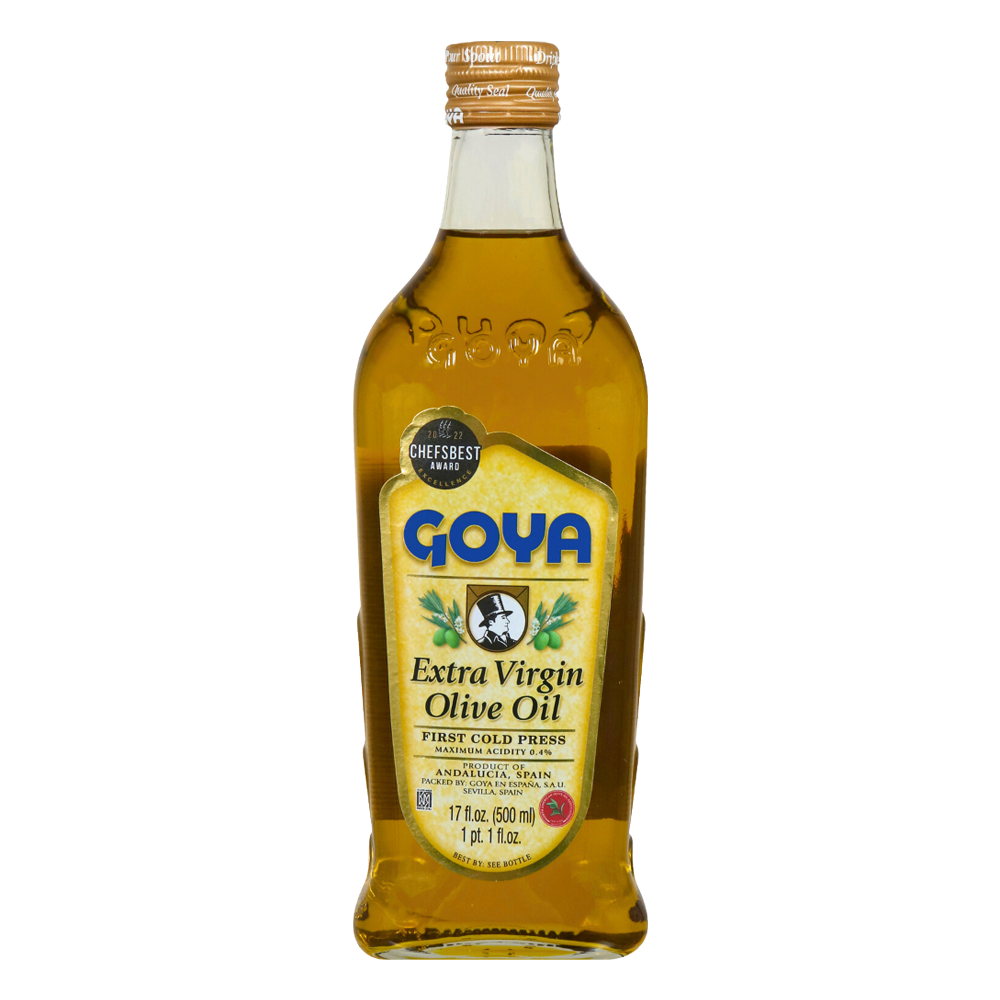Extra Virgin Olive Oil Benefits: The Natural Anti-aging Solution You've Been Searching For
Extra Virgin Olive Oil Benefits: The Natural Anti-aging Solution You've Been Searching For
Blog Article
Checking Out the Different Sorts Of Olive Oil and Their Uses, Including Extra Virgin Olive Oil
The expedition of olive oil incorporates a diverse series of kinds, each offering culinary applications and unique flavors. Bonus virgin olive oil, renowned for its remarkable high quality and health benefits, functions as a staple in several cooking areas, yet it is only one facet of this diverse active ingredient. extra virgin olive oil benefits. Other varieties, such as pure and polished olive oils, also necessitate interest for their special properties and usages. Comprehending these differences can substantially affect both cooking techniques and flavor profiles. What, after that, should one consider when selecting the ideal olive oil for a particular cooking undertaking?
What Is Olive Oil?
Stemmed from the fruit of the olive tree, olive oil is a staple in Mediterranean cuisine and a vital active ingredient in different cooking applications. This flexible oil is created by pushing entire olives, resulting in a fluid that differs in shade, aroma, and flavor depending on the type of olives utilized, the area of cultivation, and the extraction process. Olive oil is mainly made up of monounsaturated fats, specifically oleic acid, which is recognized for its potential wellness advantages, consisting of anti-inflammatory residential properties and cardiovascular assistance.
Along with its cooking uses, olive oil has a lengthy background of application in typical medication and skincare, owing to its abundant antioxidant web content (extra virgin olive oil benefits). The oil is commonly made use of in dressings, sauces, and for cooking approaches such as sautéing and roasting. Its distinctive flavor profile can enhance the preference of numerous meals, making it an important ingredient for both home chefs and specialist cooks
Additionally, olive oil is celebrated for its duty in the Mediterranean diet regimen, which is associated with countless health benefits. As understanding of these benefits expands, olive oil remains to acquire appeal worldwide as a fundamental element of a healthy lifestyle.
Sorts Of Olive Oil
Understanding the various sorts of olive oil is important for both culinary lovers and health-conscious consumers. Olive oil is classified mainly based upon its extraction technique and quality, which significantly impacts its flavor, fragrance, and health benefits.

Light olive oil, regardless of its name, refers to a lighter taste and not reduced calories. It is optimal for those looking for an extra subtle preference in sauces and dressings. In addition, there are flavored olive oils infused with herbs, spices, or citrus, which can improve dishes without the demand for extra seasoning.
Each sort of olive oil serves certain cooking objectives, and understanding these differences enables customers to make informed choices that align with their cooking designs and wellness objectives.
Extra Virgin Olive Oil
Extra virgin olive oil (EVOO) is commonly considered the highest possible quality olive oil offered, well known for its rich flavor and numerous health and wellness benefits. To be classified as extra virgin, the oil needs to be produced from fresh olives making use of mechanical processes, without the usage of solvents or too much warm. This meticulous approach maintains the oil's all-natural flavors, anti-oxidants, and healthy fats, causing a product with a low level of acidity level of much less than 0.8%.
EVOO is plentiful in monounsaturated fats, specifically oleic acid, which is linked to minimized swelling and enhanced heart health. It likewise consists of polyphenols, powerful anti-oxidants that might provide safety results against chronic illness. The taste profile of EVOO can differ substantially depending on the olive selection and region of manufacturing, varying from grassy and fruity to robust and peppery.

Culinary Use Olive Oil

In cooking, olive oil can be made use of for sautéing, toasting, and barbecuing, offering a healthier alternative to butter or various other fats. Its high smoke factor makes it ideal for different cooking techniques, while its antioxidants add to a heart-healthy diet. Showering olive oil over finished meals, such as pasta, fish, or grilled vegetables, can raise tastes and add a touch of elegance.
Moreover, olive oil plays a substantial function in baking, where it can replace traditional fats in recipes for bread and breads, imparting wetness and a subtle preference. It likewise functions as a base for instilled oils, enabling cooks to trying out tastes such as garlic, natural herbs, or chili, additionally increasing its culinary capacity. Generally, olive oil's adaptability makes it indispensable in both home and professional kitchens.
Picking Quality Olive Oil
When choosing top quality olive oil, it's necessary to think about several crucial elements that influence the product's taste, aroma, and health and wellness benefits. Primarily, choose extra virgin olive oil (EVOO), which is stemmed from the initial cool pressing of olives and has the highest degree of antioxidants and valuable substances. Try to find oils that are accredited by acknowledged organizations, as this typically makes sure adherence to strict high quality requirements.
The product packaging likewise plays a substantial role in maintaining the oil's honesty. Choose oils kept in dark glass containers or tins to protect versus light degradation. Take notice of the harvest date; fresher oils use premium flavor and dietary worth, so pick items that are within 18 months of their harvest.
Be conscious of the preference; an excellent quality olive oil must have an equilibrium of fruity, bitter, and peppery notes, indicating its splendor and complexity. By evaluating these elements, you can ensure you are choosing the best olive oil for your cooking requirements.
Conclusion
In summary, the expedition of different kinds of olive oil discloses distinct characteristics and applications, with additional virgin olive oil standing for the pinnacle of top quality due to its reduced acidity and high antioxidant content. Recognizing the various selections of olive oil allows for informed options in cooking methods, advertising healthier practices while enriching the total gastronomic experience.
Acquired from the fruit of the olive tree, olive oil is a staple in Mediterranean food and a crucial ingredient in various culinary applications.The most common types of olive oil consist of fine-tuned description olive oil, pure olive oil, and Visit Website light olive oil.Bonus virgin olive oil (EVOO) is widely related to as the highest top quality olive oil readily available, well known for its rich taste and countless health advantages. Choose for extra virgin olive oil (EVOO), which is acquired from the initial cold pushing of olives and has the highest degrees of anti-oxidants and useful substances.In recap, the exploration of numerous types of olive oil exposes unique attributes and applications, with added virgin olive oil representing the pinnacle of high quality due to its low acidity and high antioxidant web content.
Report this page